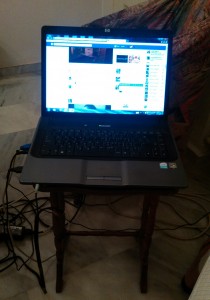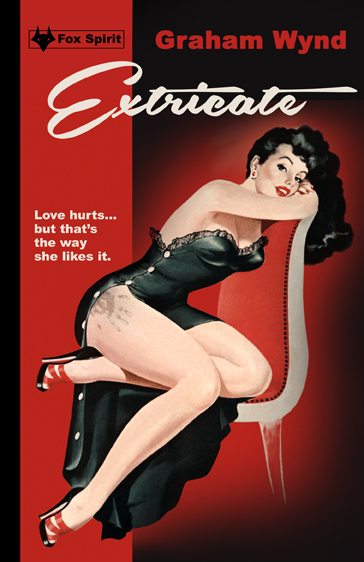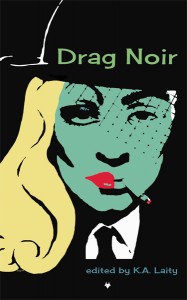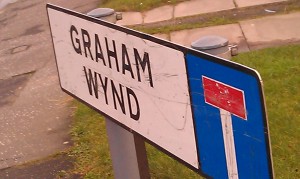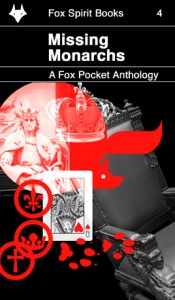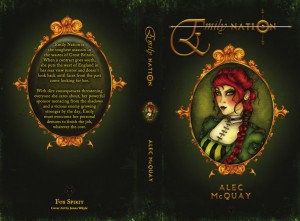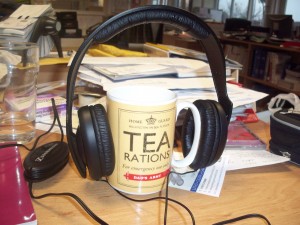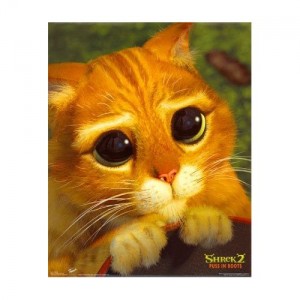For the return of Monday Methods, Kim is exploring three areas of importance to her over three mondays. First up Space.
Monday Methods – Space
Writing demands that I seek out a place – a humble spot on the earth – that provides the necessities of creation: a table, a window, and a cup of coffee. This spot can be private, such as my office, or it can be public, such as the cafe down the street. Both have their advantages. But they must have those three items, or writing will fail.
The table is for my computer to sit upon, and the window is for my eyes to gaze outside at the passing world when I stop my incessant typing to think. If I’m writing in a public space that has no window, then my glazed and day dreamy eyes magnetically drift towards another coffee shop patron, and that’s just uncomfortable for both of us.
“I’m sorry, yes, I AM staring at you, but I’m not really LOOKING at you. I’m just imagining ways to kill someone. No, wait! You misunderstand — I’m writing a mystery — oh, please don’t have me kicked out again…”
In a public space, I’d rather watch mountain bikers ride passed on their way to the trails; in my private space, my window looks out over the forest, providing a clear view of an old hemlock tree where a couple of ravens have built a nest. Private space also provides the helpful access to books aplenty, while public space provides rare moments of chitchat with friends who drift passed. Both of these are benefits. Books are awesome. And socialization, well… it’s helpful to remember that not all of my friends are imaginary.
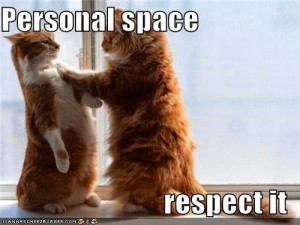
The final piece in the puzzle, coffee, is most important.
If ever I questioned Pavlov’s research, I have only to look as far as my coffee cup to see, the man was on to something. One sip of joe and my imagination is whirled away to far off places, my fingers start to tippy-tap the QWERTY dance, and my characters come to life. I hear them, you know. They wake to the taste of a good dark roast, and start jabbering away in my head. Tea won’t cut it, and neither will hot chocolate – they symbolize other times, other functions. Tea is for family gatherings, hot chocolate is for wintertime, after snowshoeing. Drinking either of these beverages only confuses my subconscious.
Coffee is the starting pistol. Coffee is the clang of the gates opening. Coffee is pure magic.
When it comes to writing, the space I inhabit is the foundation of creativity and can’t be ignored. Over the years, I’ve had four offices and visited hundreds of coffee shops, but I’ve grown to love a few, and sometimes, they even become cherished settings in a story. I’m not picky about which coffee shop I visit, but it must have those three things: table, window, good coffee.
Where do you write? What elements do you need to spark the fire in your head?

